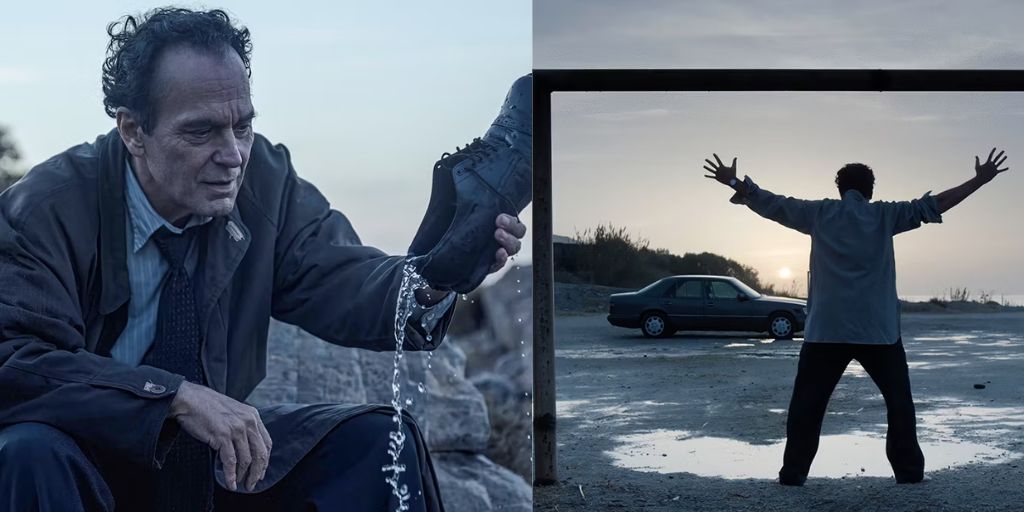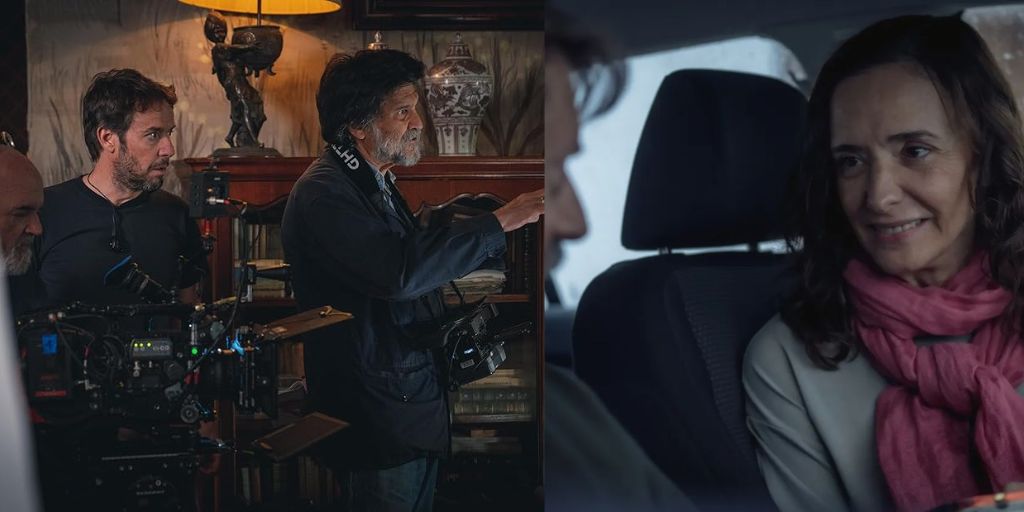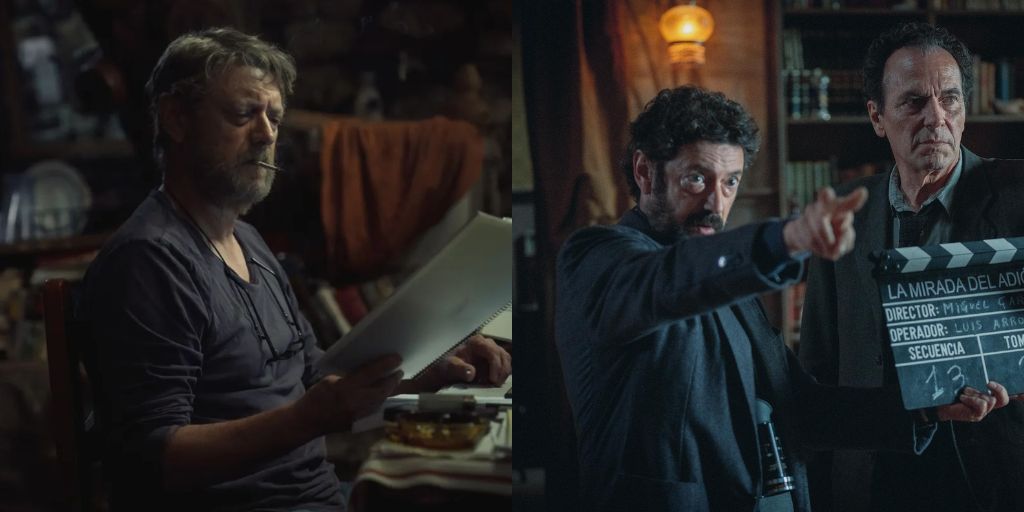Cinema often bestows on us gifts that are both rare and beautiful. These gifts come from filmmakers who create work that is always worth experiencing, despite not making many films. When you engage with one of these films, it feels like you have encountered something remarkable and significant.
Though such films might be rare in the vast history of cinema, their infrequency makes them all the more precious. Víctor Erice is one such filmmaker whose work exudes a quiet, powerful beauty. Since his first feature, The Spirit of the Beehive, was released in 1973, he has established himself as an intriguing and influential director.
Although he has only made two other features, El Sur and Dream of Light, his focus has largely been on short films. Now, after a long hiatus, Erice has presented his fourth feature, Close Your Eyes, marking his return to filmmaking after 30 years.
Close Your Eyes presents a compelling mystery revolving around the disappearance of an actor, while also going into broader existential questions about the nature of life itself.
The film is imbued with deep emotional resonance, going through subtly painful and often poetic conversations. It shows the theme of searching for something that has been lost and may never be found, making the discoveries within the film even more striking and impactful.
What Is Close Your Eyes About?
The story of Close Your Eyes begins with an extended conversation scene from a film within the film, The Farewell Gaze, which has nearly been forgotten over time. This meta aspect of the film resonates with Erice’s own experience.
In the 1990s, he worked on a project that was never completed, which mirrors the incomplete nature of the film within the film. The lead character, Julio Arena (José Coronado), mysteriously vanished and was never located. The mystery surrounding his disappearance has become more significant than the incomplete film itself.
Miguel Garay (Manolo Solo), the film’s director, left the filmmaking world entirely after this event. Years later, in contemporary Madrid, a television investigation into Julio’s disappearance draws Miguel out of his secluded existence.

As he revisits his past, he begins to reconnect with old memories and uncover long-buried truths. The film reveals these truths in a manner that is more tragic and tranquil than thrilling.
As Miguel meets with his projectionist friend Max (Mario Pardo) to retrieve footage from the unfinished film for the television show, the narrative starts to take shape.
Their conversation, while familiar, is imbued with a sense of melancholy. Max talks about how the old film reels he has are now forgotten and gathering dust on shelves. There is a quiet acceptance of the fact that the world may no longer value such things.
Max’s comment that “this industry has gone down the drain” strikes a poignant chord, capturing the sense that cherished art and expressions may soon be lost.
Despite this sense of loss, Miguel continues his journey with a complex mix of resignation and obsession. He appears indifferent to the unfinished film, selling it to the television program and participating in it, despite its lack of reverence for the historical context.
He is deeply concerned about every decision he makes, even if he does not always voice this concern openly. The film shows both the magical field cinema and the mundane aspects of life, a theme that becomes increasingly apparent as story unfolds.
Close Your Eyes Offers a Deep Reflection on the Intersection of Magic and Reality
The film begins with long, emotionally charged conversations between Miguel and others, which cinematographer Valentín Álvarez captures with close-up shots that convey deep emotion. Midway through the film, the narrative shifts when Miguel begins to imagine what might have happened to Julio.
It feels as though he is trying to bring his imagination to life, which then materializes on screen. This imagined sequence, beautifully shot by Álvarez, resembles a memory that Miguel desperately wishes to be real. The return to reality in the latter half of the film, along with the unexpected revelations that follow, adds to the emotional depth of the story.
Erice’s film poignantly reflects on how real life differs from the movies we create. While movies are not real, they can still shape our lives in significant ways. For Erice, the answers to the questions of life are often simpler, but our desire to dream and create remains essential.
Cinema, art, and life do not always align with our desires, and Close Your Eyes serves as a reminder that the beautiful, fleeting moments of life can easily slip away. Just like water flowing from a shoe after stepping into a wondrous moment, these memories can quickly vanish.

Close Your Eyes is now showing in select theaters in the U.S. and will expand to more locations soon. The film’s scheme of art, memory, and the search for meaning is a moving example to the enduring power of cinema. Close Your Eyes is a powerful reminder of the fleeting nature of art and life.
Victor Erice’s latest film beautifully captures the poignant search for lost truths and the melancholy of unfinished projects. Through its evocative storytelling and striking visuals, the film shows the intersection of cinema and reality, revealing how both shape and reflect our experiences.
As the narrative unfolds, it invites viewers to reflect on their memories and the impermanence of cherished moments. Close Your Eyes offers a deeply moving meditation on the delicate balance between dreams and reality, and the enduring impact of art.


















